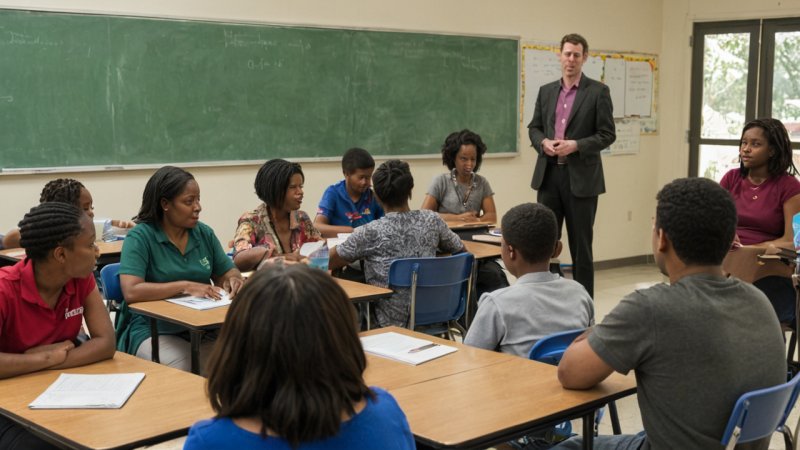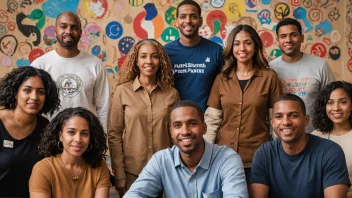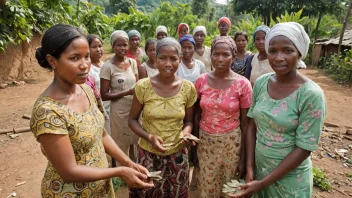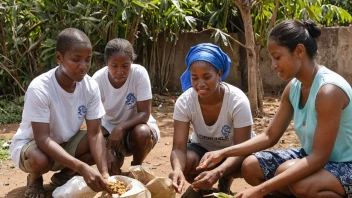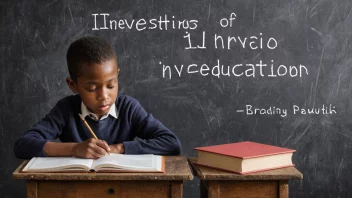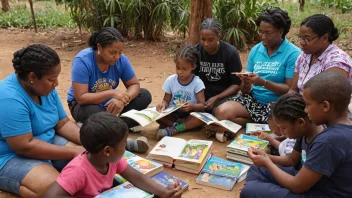Poverty is a pervasive issue that affects millions globally, trapping individuals and families in a cycle of hardship that can last for generations. One of the most effective ways to break this cycle is through education. Education empowers individuals by providing them with the knowledge and skills necessary to improve their circumstances, leading to better job opportunities, enhanced social status, and improved quality of life.
Education lays the foundation for economic stability. Individuals with higher levels of education are more likely to secure stable employment and earn higher wages. According to various studies, a person with a college degree can earn significantly more over their lifetime compared to someone without a high school diploma. This wage disparity highlights the critical link between education and economic opportunity. When individuals are educated, they can contribute to the economy, which in turn promotes community growth and development.
Moreover, education fosters critical thinking and problem-solving skills. These skills are essential for individuals to navigate the complexities of life and make informed decisions that positively impact their families and communities. Education encourages a mindset of self-improvement and resilience, allowing individuals to adapt to changing economic landscapes and seize emerging opportunities.
Additionally, education promotes social equality and reduces disparities within society. When access to quality education is prioritized, marginalized groups—often the most affected by poverty—are given the chance to uplift themselves. Education can serve as a powerful equalizer, enabling individuals from diverse backgrounds to compete on an equal footing in the job market.
In many developing nations, the lack of access to quality education contributes to the perpetuation of poverty. Families often prioritize immediate survival over long-term educational pursuits, leading to children entering the workforce at a young age. This cycle continues as uneducated parents may not value education for their children. However, initiatives aimed at promoting educational access in impoverished communities have proven successful. Organizations that provide scholarships, mentorship programs, and vocational training can help break this cycle by encouraging families to invest in education.
Education also plays a crucial role in health and wellbeing, which is intrinsically linked to poverty alleviation. Educated individuals are more likely to make informed health choices, utilize healthcare services, and advocate for their rights. This leads to healthier communities, which in turn can reduce healthcare costs and improve overall quality of life. In fact, the World Health Organization has noted that education is a significant determinant of health, linking higher educational attainment with lower rates of disease and premature death.
To support education as a tool for poverty alleviation, individuals can take action in various ways. Volunteering in local schools or tutoring programs can make a significant impact. Additionally, advocating for policies that promote education funding and equitable access for all children can help ensure that future generations have the opportunity to break free from the cycle of poverty.
By investing in education, we are investing in a brighter future for individuals, families, and entire communities. Education is not just a pathway out of poverty; it is a fundamental human right that lays the groundwork for a more just and equitable world.
Education: The Key to Breaking the Poverty Cycle
Education is a powerful tool that can break the cycle of poverty, empowering individuals and communities to improve their circumstances and achieve economic stability.
